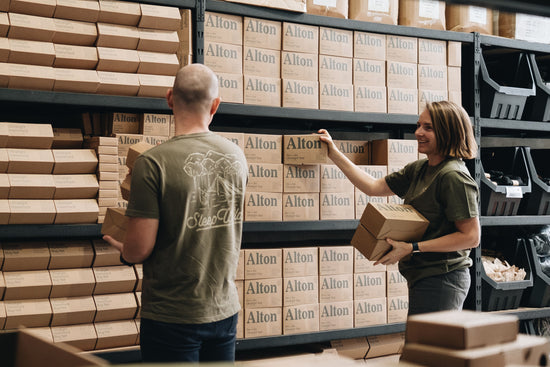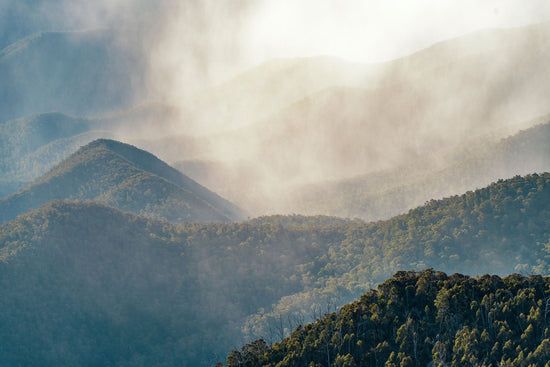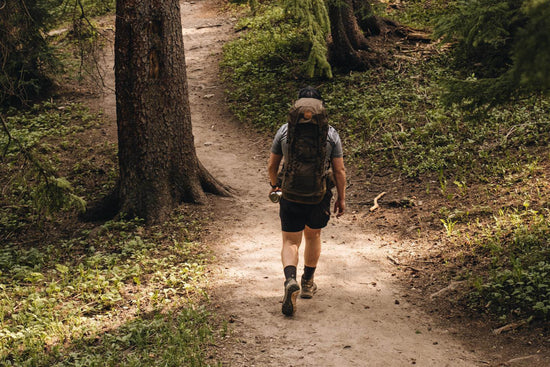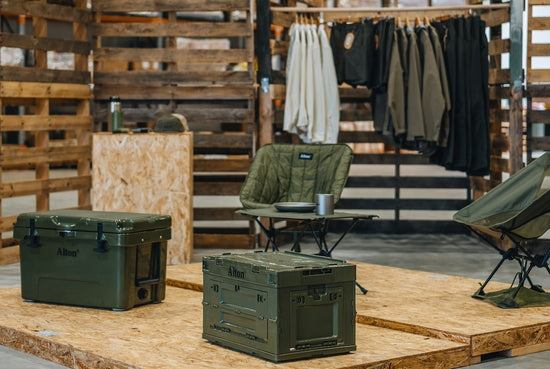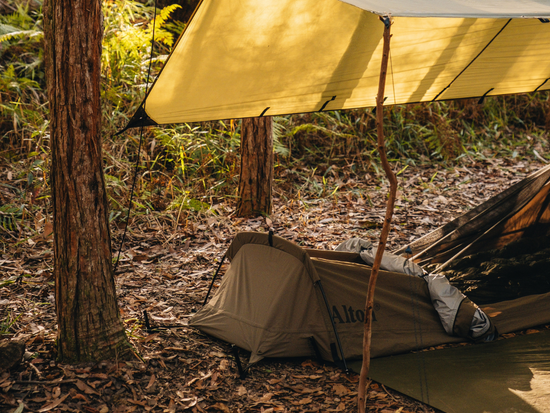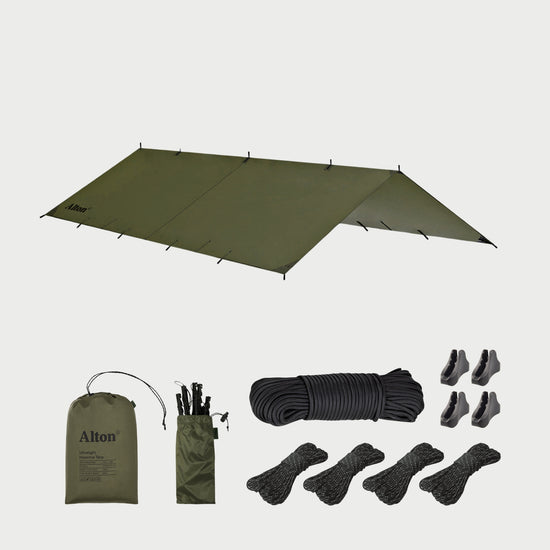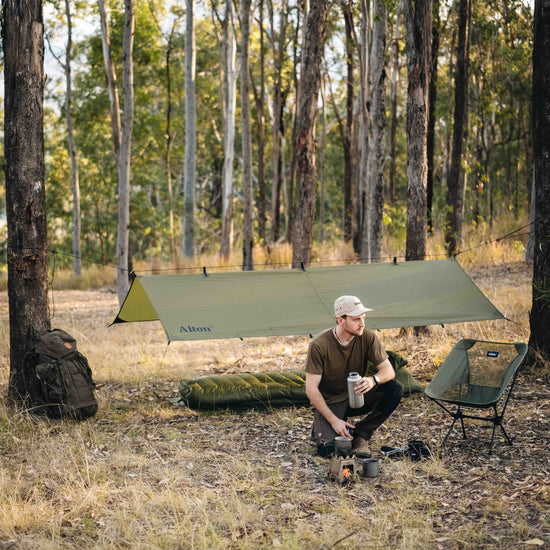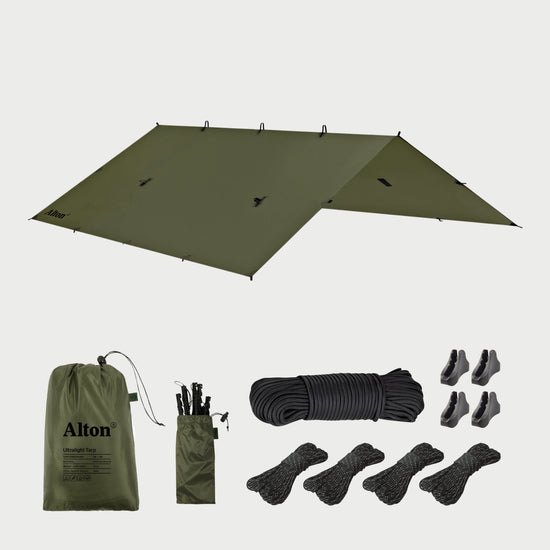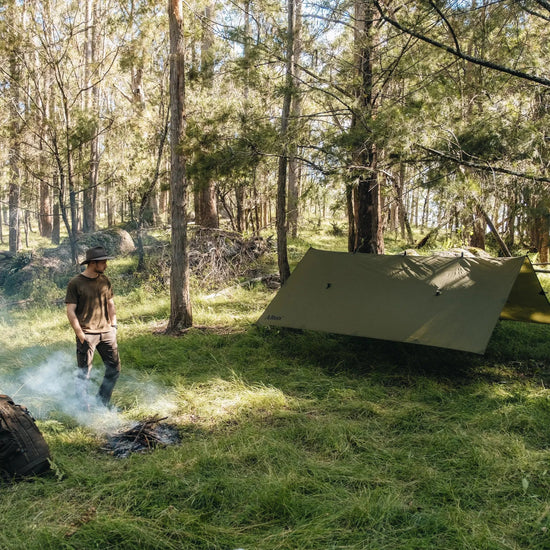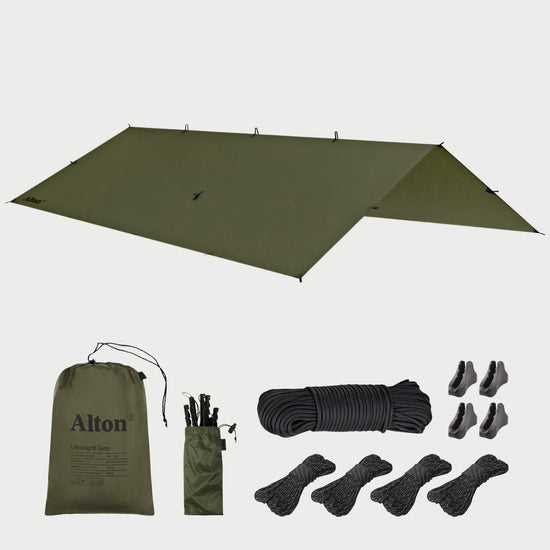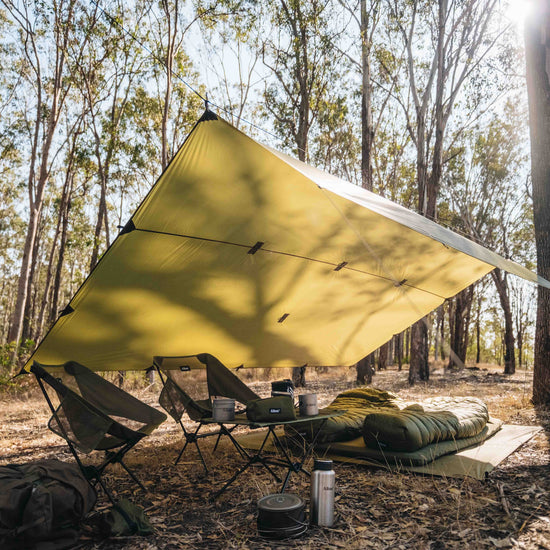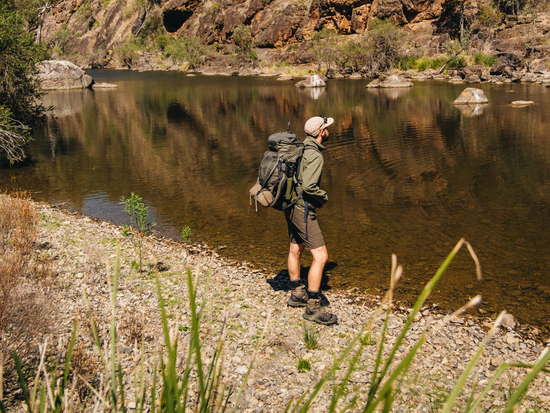If you haven’t noticed, bushcraft is booming at the moment.
TV shows like Alone are attracting millions of viewers. Wilderness survival courses are booking out. More people than ever are getting into hiking and camping.
If you’re reading this blog, chances are that you’ve felt the call of the wild, too.
Here at Alton, we truly believe that there is so much to be gained from stepping off the beaten path and into the wild.
When you leave behind all the distractions of modern life, the important things in life come into focus. Through reconnecting with nature, you can see what you are actually capable of, and build confidence in your own abilities.
That’s why we’re launching this new Bushcraft Basics blog series. Our goal is to give you the fundamental bushcraft knowledge you need to try it for yourself, safely and responsibly.
In this article, we’ll start with the basics; what bushcraft is, where it originates from, and what the difference is between bushcraft and survival.
Ready? Let’s do this!

What is Bushcraft?
Bushcraft is the art of living in the natural environment using age-old skills and minimal equipment.
It is commonly associated with skills like shelter building, firecraft, tool-making, foraging, hunting, fishing, navigation and collecting water.
But, it goes deeper than that.
Bushcraft is all about developing an intimate knowledge of the natural world, and learning how to work with it, rather than against it, to use the available resources to meet your basic needs.
What is the origin of Bushcraft?
Get comfy and grab a cuppa – it’s story time!
The word ‘bushcraft’ stems from Dutch, originally, but the concept was adopted by English-speaking colonists in the 1800s.
At first, it was used to describe the essential outdoor skills practised by Indigenous peoples around the world as a part of their daily life.
For many of these Indigenous communities, these skills and traditions were – and continue to be – far more than a basic means of survival. The deep ecological wisdom and centuries-old knowledge possessed by Indigenous cultures was cultivated over thousands of years, embodying a profound and often sacred connection with the land.
Many of the skills that were the foundation of 'bushcraft' are, in truth, a legacy of Indigenous knowledge and practices, deeply rooted in human history far preceding their colonial naming.
Throughout the 19th Century, many colonists learned and relied on bushcraft for survival as they explored and settled in countries including Australia, New Zealand, South Africa and North America.
The 20th Century brought industrial and technological advancements that gradually led to a fundamental change in how these skills were viewed and used.
One notable figure during this period was Major Robert Baden-Powell, who founded the Scouts in 1907. The program rapidly became an international phenomenon, teaching basic bushcraft and wilderness survival skills to millions of people worldwide.
The 1900s also saw bushcraft and survival skills integrated into military training, equipping soldiers the ability to live off the land and navigate challenging terrain.
Today, bushcraft is generally seen as a hobby for personal enrichment rather than a means of survival. Although modern conveniences and urbanisation have decreased the need for direct interaction with the natural environment, bushcraft continues to have enduring appeal.

What’s the difference between Bushcraft and Survival?
Bushcraft and Wilderness Survival skills have a lot of overlap.
Shelter-building, foraging and hunting, water-catchment, navigation – the list goes on.
Because of that crossover, it is not surprising that the two concepts are often confused or used interchangeably.
But, there are some important differences.
Remember before when we said bushcraft relates to the skills and activities required to live in the natural environment?
The key word there is ‘live’ – not ‘survive’.
Let us explain.
Wilderness Survival
Survival is, well, all about surviving a challenging situation. It’s the act of staying alive in spite of great danger or difficulty.
The words ‘wilderness survival’ conjure up vivid images of being stranded alone in the wilderness, or facing a natural (or man-made) disaster.
It’s literally life-or-death.
Because of that, when people set out to learn about wilderness survival the focus is on being equipped with the necessary skills and knowledge to stay alive at all costs when faced with extreme adversity.
Bushcraft
Bushcraft is all about learning the skills and knowledge to live in the natural environment.
The focus is on creating a long-term, meaningful and enjoyable life removed from modern conveniences.
It encompasses a range of skills and knowledge that not only allow you to survive in the wilderness, but to thrive – cliched as that sounds!
Dedicated bushcrafters spend years learning to read the landscape, understand weather patterns, identify plant and animal species, and use this knowledge to adapt to their surroundings.
Every aspect – from shelter to foraging to environmental care – is approached with skill, respect, and ingenuity.
Bushcraft is fundamentally about developing a deep understanding of your surroundings so that you can work with the resources available to cultivate a sustainable, enjoyable, and deeply fulfilling way of life in nature.
Practising bushcraft makes us think about how we can live with the natural world in balance, taking only what we need and leaving minimal trace on our surroundings when we’re done so that the next generation can do the same.

Ready to learn more about Bushcraft?
Now that you have a deeper understanding of what bushcraft is, you might be wondering, what comes next?
Bushcraft goes beyond learning a set of skills. It's about seeing the natural world through a more insightful and appreciative lens.
In our next Bushcraft Basics blog, we’ll unpack what the benefits of bushcraft are and why you should consider trying it.
Enjoyed this article? Share it with someone who you think might get something out of it as well!
